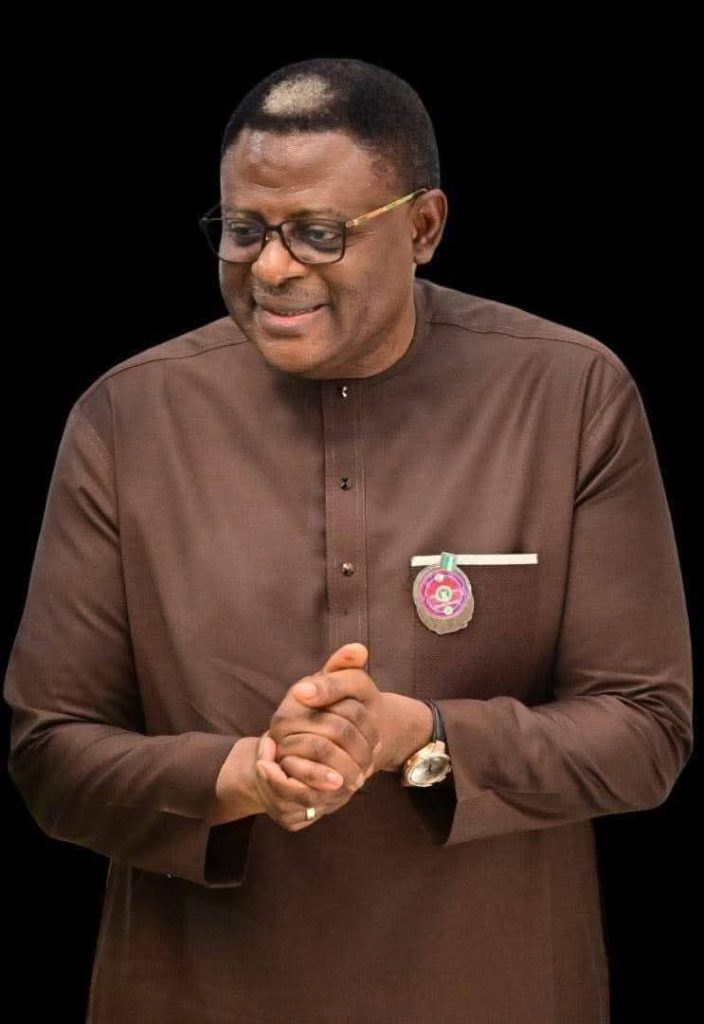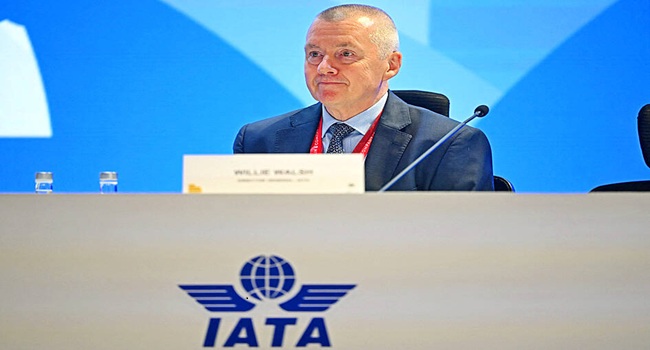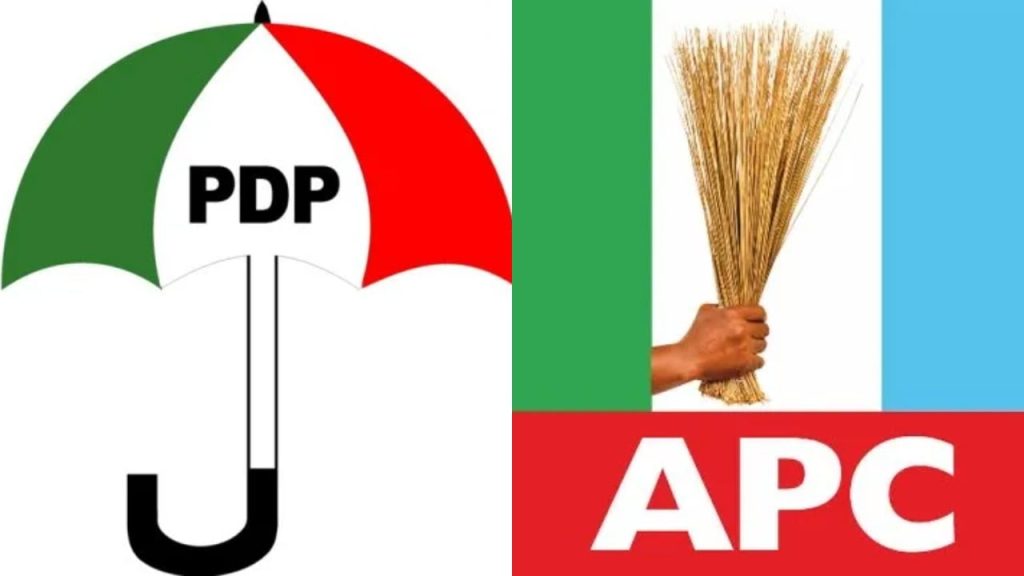A public affairs analyst, Awaal Dairu, has stated that the Group Chief Executive Officer of Nigerian National Petroleum Company Limited, Bayo Ojulari, is facing criticism due to the spread of false information by internal and external forces. According to Dairu, who is the convener of the Coalition of Civil Society for Energy Reform, oil sector cabals are attempting to derail reforms at NNPCL and divert attention from its progress.
The criticism of Ojulari follows a sustained campaign by the Ijaw Youth Council calling for his resignation. Dairu, a stakeholder in the sector, has condemned the attacks on Ojulari, praising his tenure as the most transparent to date. Since his appointment by President Bola Ahmed Tinubu in April, Ojulari has implemented monthly releases of audited financials, showcasing his commitment to transparency.
Dairu has urged President Tinubu to disregard calls for Ojulari’s removal, citing his positive performance indicators, including fuel stability and increased investor confidence in the country’s oil and gas sector. The public affairs analyst views the smear campaign against Ojulari as a desperate attempt to undermine the reforms at NNPC and discredit the Renewed Hope Agenda of President Tinubu.
The development comes amid recent changes in the government, including the dismissal of Fegho Umunubo, presidential special adviser on the digital and creative economy in the Office of the Vice President. Dairu’s statement emphasizes the need for President Tinubu to remain committed to the reforms at NNPC, despite the pressure from detractors.
The Nigerian National Petroleum Company Limited has been undergoing significant changes under Ojulari’s leadership, with a focus on transparency and accountability. The company’s monthly release of audited financials has been seen as a positive step towards reform. As the controversy surrounding Ojulari continues, it remains to be seen how President Tinubu will respond to the calls for his removal.
The situation highlights the challenges faced by the Nigerian oil and gas sector, including the influence of powerful cabals and the need for reforms. The outcome of this situation will have significant implications for the sector and the country as a whole. With the international community watching, the Nigerian government must balance the need for reform with the pressure from various stakeholders.



